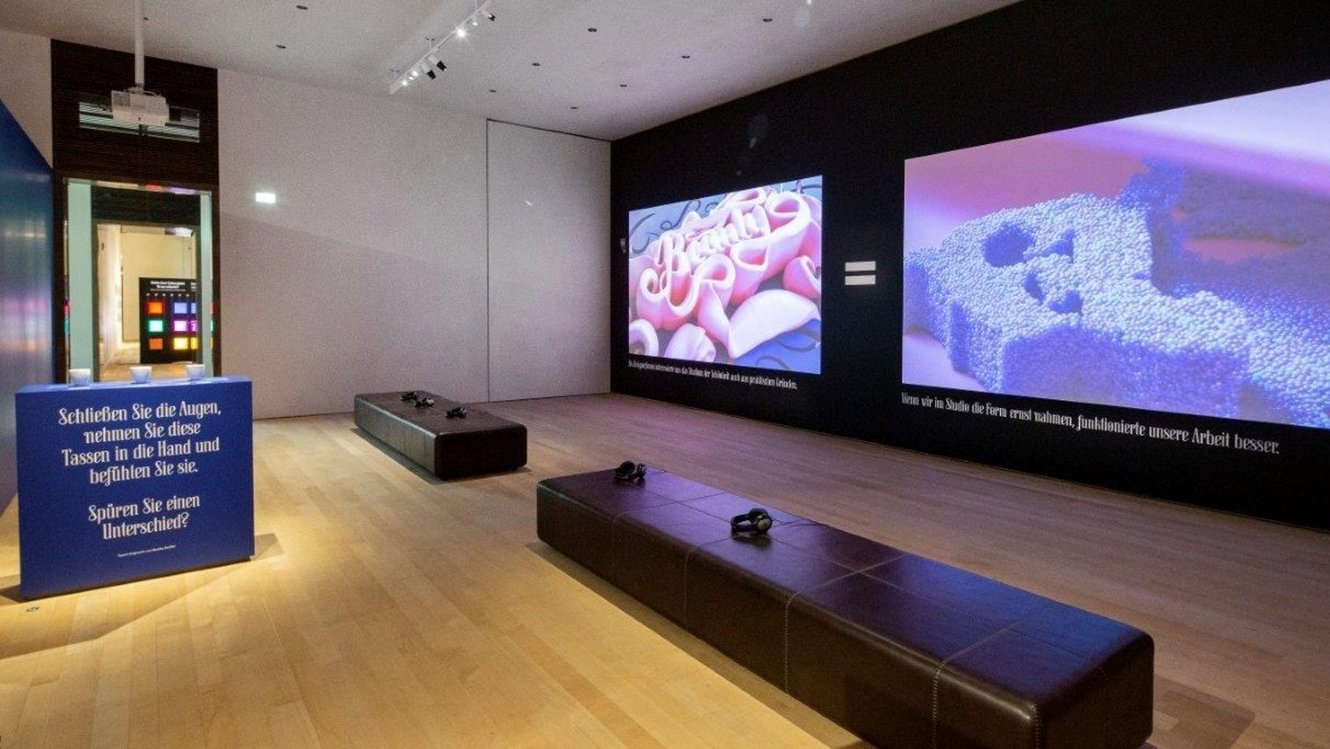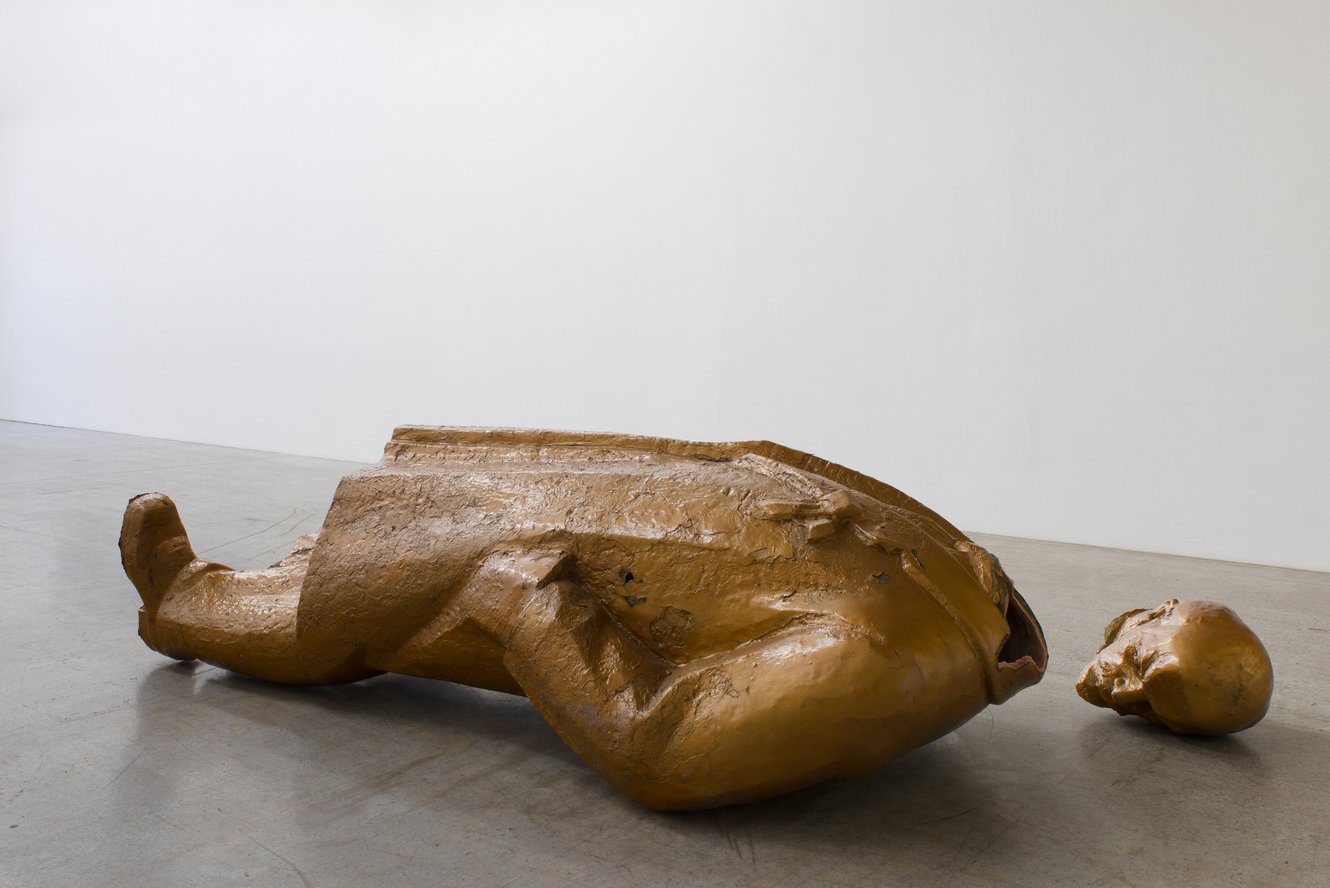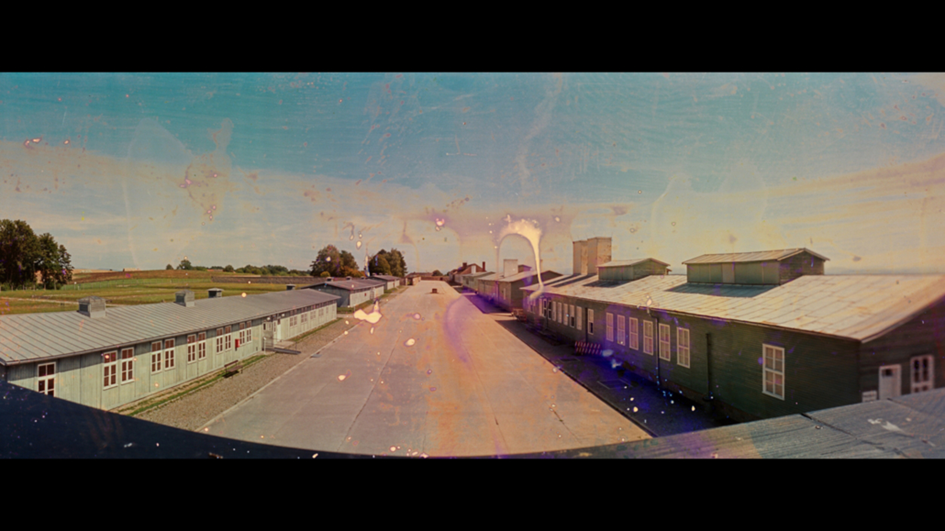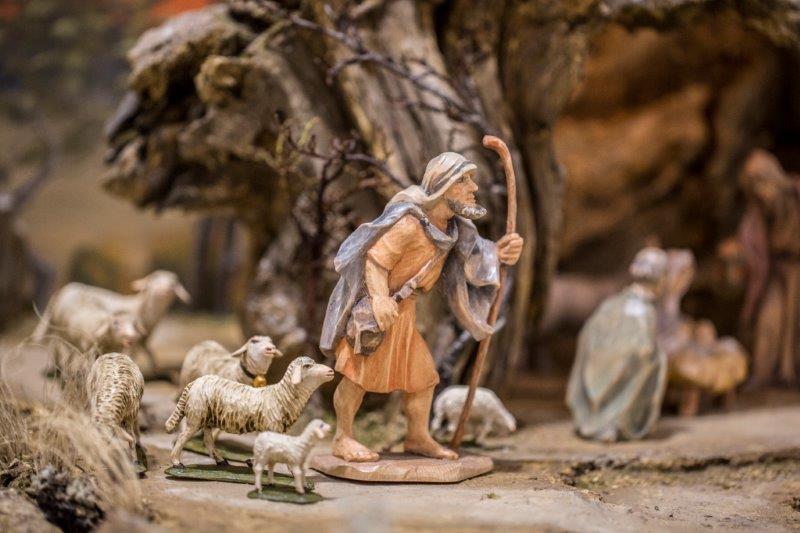Archive 2022
Special exhibitions
Exhibitions in the Atrium (Free entry)
Interventions and cooperations
Special exhibitions
Sagmeister & Walsh: Beauty
Special Exhibition on the Fourth Floor | 16 April until 16 October 2022
With their exhibition project Beauty, the New York based Vorarlberg graphic artist Stefan Sagmeister and the American graphic designer Jessica Walsh, make a visually impressive multimedia plea for us to take delight in beauty. Their exhibition investigates why people feel attracted to certain objects or concepts and what positive effects beauty can have. With the aid of examples from the fields of graphic design, product design, architecture, and city planning, Sagmeister & Walsh demonstrate that beautiful objects, buildings, and strategies are not only more pleasing, but actually more effective.
An exhibition of the MAK, Vienna and the Museum Angewandte Kunst, Frankfurt am Main.
What Really Matters to Us.
Cultural Heritage – A Challenge
Special exhibition | 2 December until 16 April 2023
Whether it is works of art, architecture, tradition or craftsmanship – a society defines itself, if nothing else, by its cultural past. However, opinions diverge widely today as to what should be considered as cultural heritage and they can cause fierce arguments about, for example, monuments of politicians of the past. A society’s cultural heritage is no longer determined by tradition but needs continuous renegotiation if it wants to be as inclusive as possible and a source of identity. Numerous artists contribute to this discussion in the exhibition What Really Matters to Us.
In co-operation with “Relevanzen. Verein zur Förderung des Dialogs rund um das Kulturerbe”.
Marko Zink
M 48° 15′ 24.13″ N, 14° 30′ 6.31″ E
Mauthausen – The Eradication of Memory, Special Exhibition | 16 December 2022 until 16 April 2023
The Vienna-based Vorarlberg artist Marko Zink (* 1975) uses the medium of analogue photography to come to terms with the horrors of the Holocaust. His subject is Mauthausen – the location and synonym of the annihilation of tens of thousands of people. He cuts, stamps, or boils the film used or treats it with chlorine and ink eraser before exposing it. Like this, the photographs look like historical finds and tell of both the annihilation of the human being and the eradication of memory. Zink reflects the transformation of the crime scene into a memorial, thereby embarking on a complex and contextualised search for evidence.
Exhibitions in the Atrium (Free entry!)
“Zur Krippe her kommet”
19 Nativity Scenes for the Museum
Exhibition in the Event Hall on the 1st Floor | 26 November until 8 January 2023
The collection of the vorarlberg museum lacked nativity scenes, particularly contemporary ones, despite the 19 nativity construction groups with some 1,500 members that are active in the federal state. In order to document the art of contemporary nativity scene construction, these associations built scenes especially for the museum, with an astonishing diversity of nativity scenes created. Various designs and special local features were integrated depending on the region or valley they were built in. For nine nativity scenes, the members of the associations also created the figures, the others were made by wood sculptors of Vorarlberg. In conclusion of this cooperation, the nativity scenes are shown in an exhibition which will also be documented by a newly published book.
In cooperation with the Vorarlberger Landeskrippenverband.





